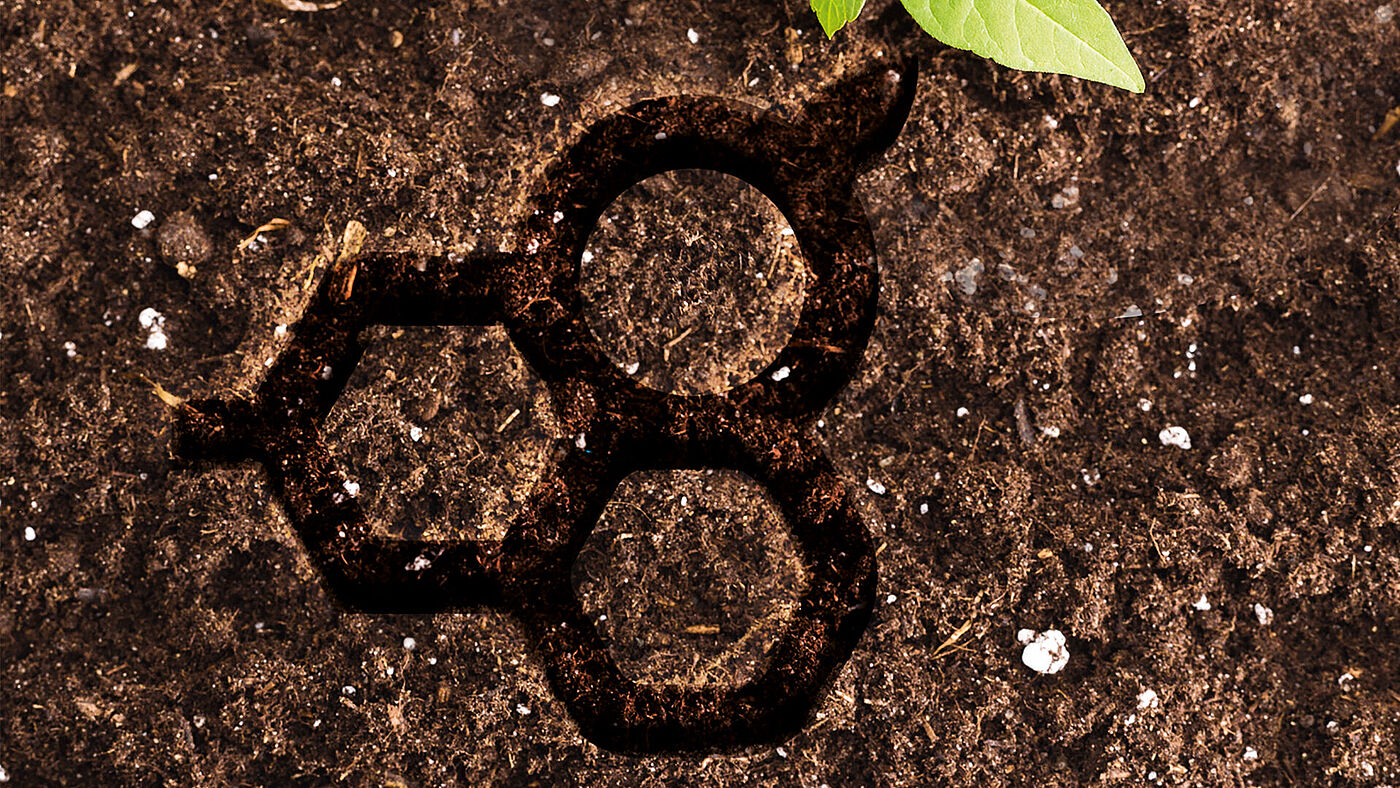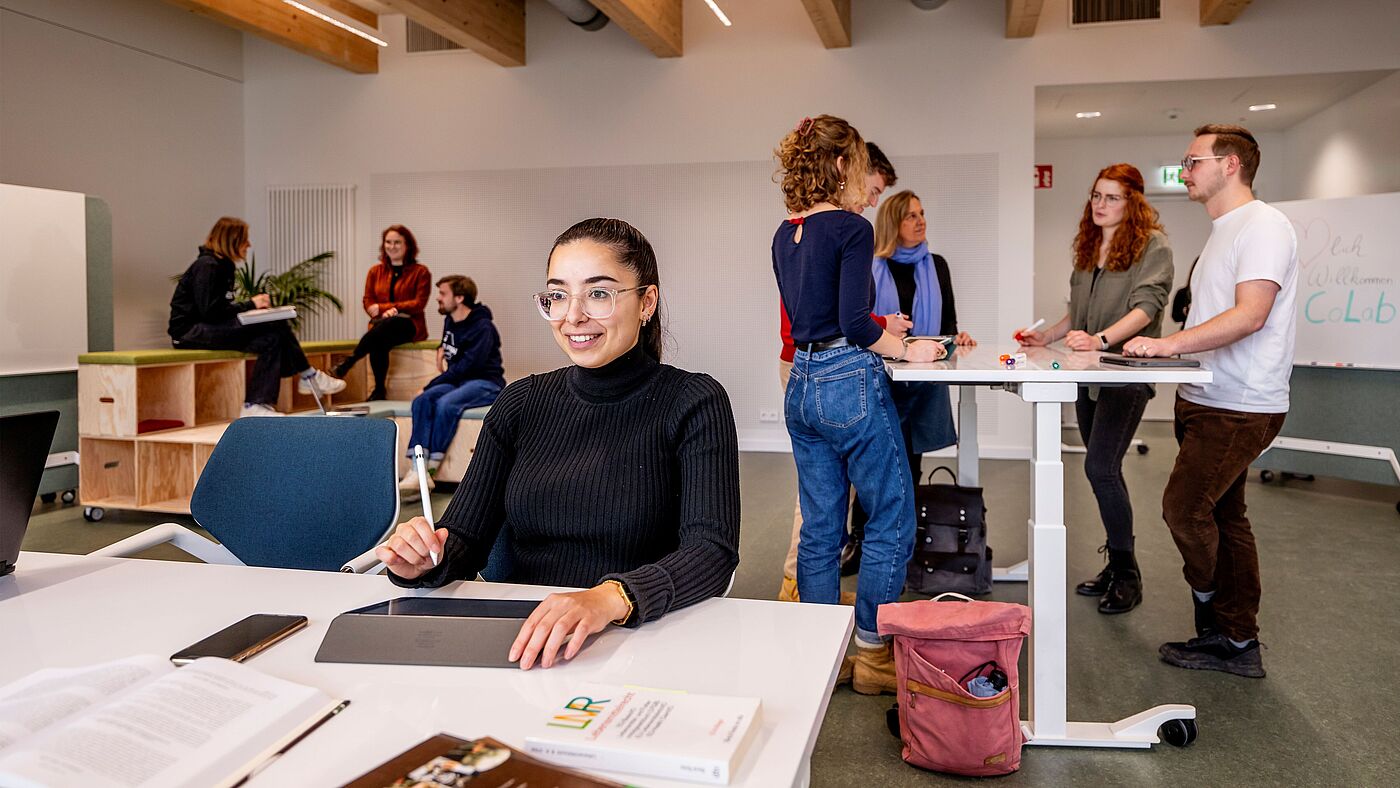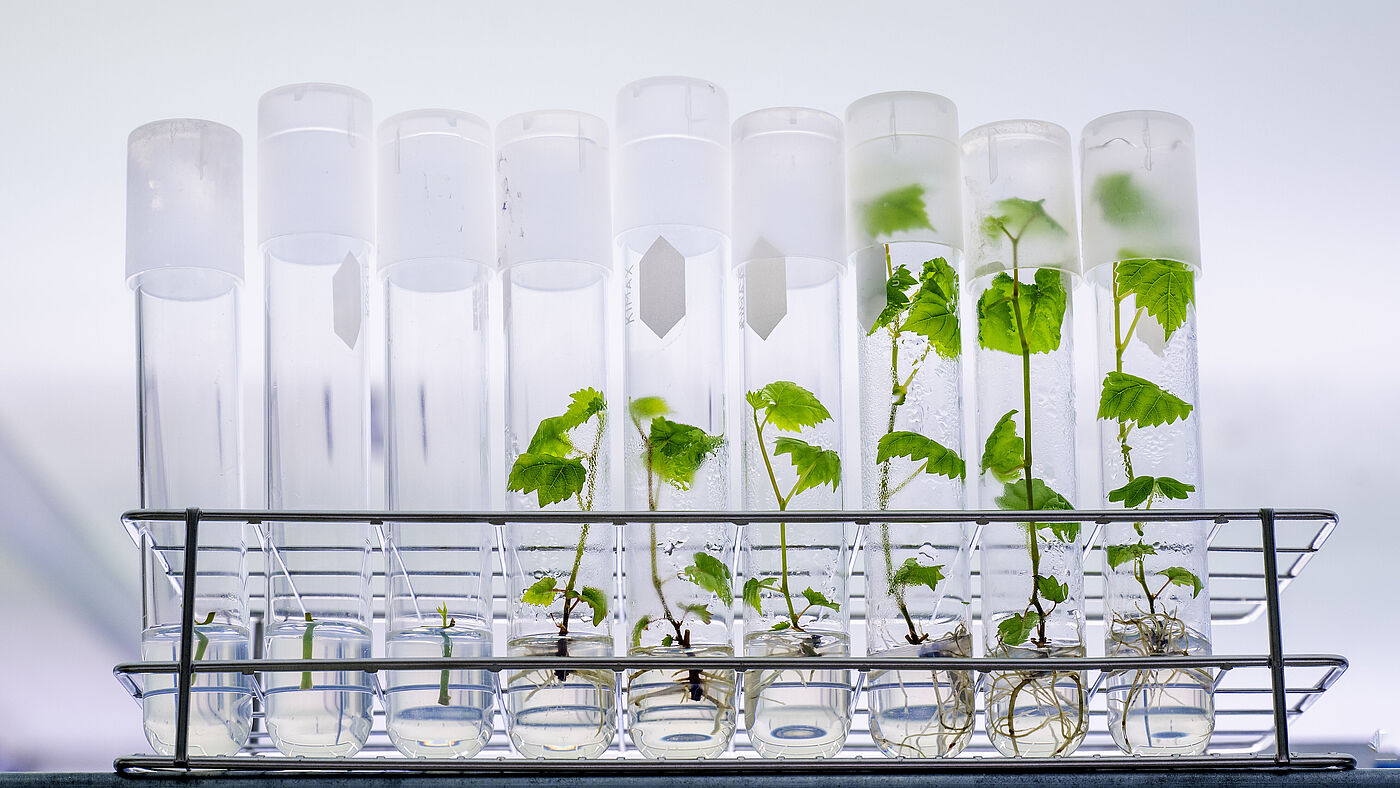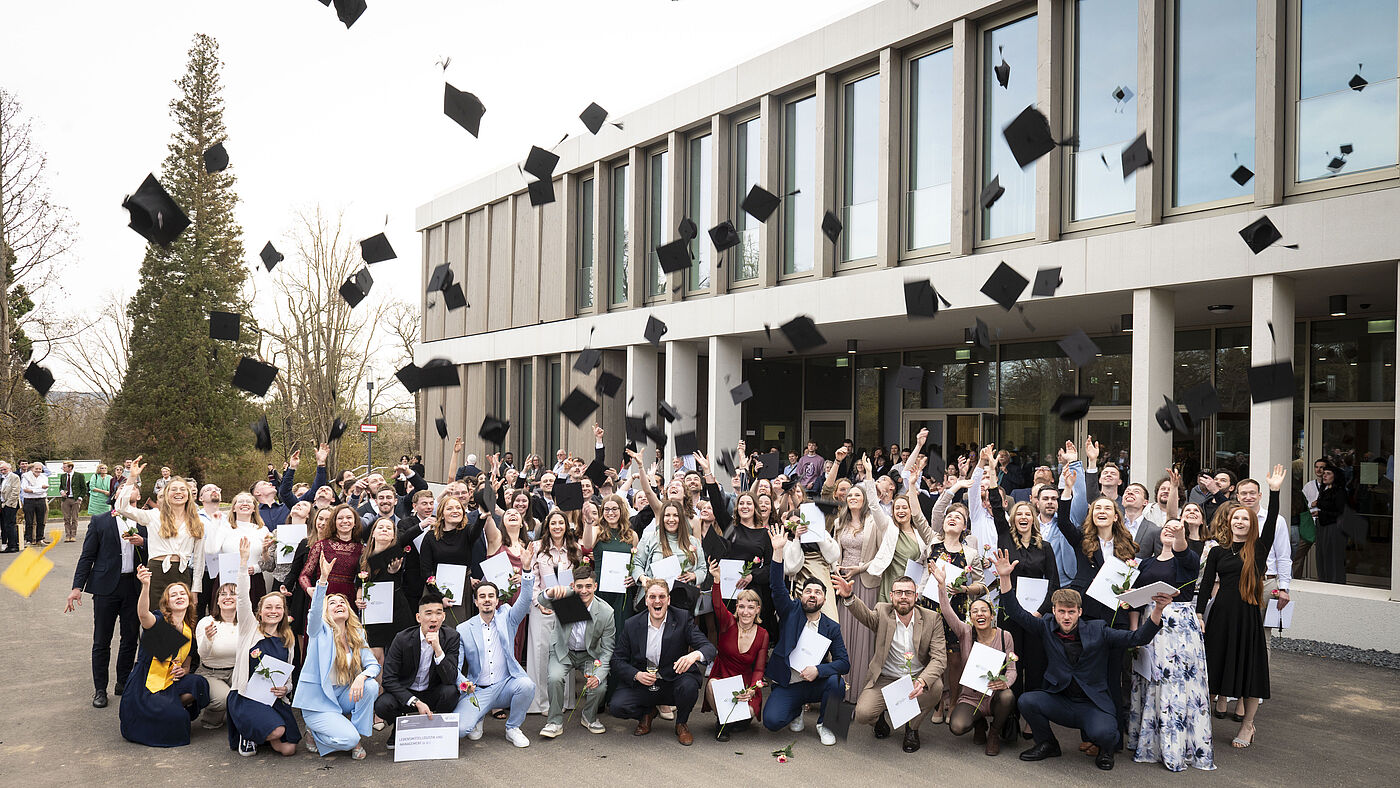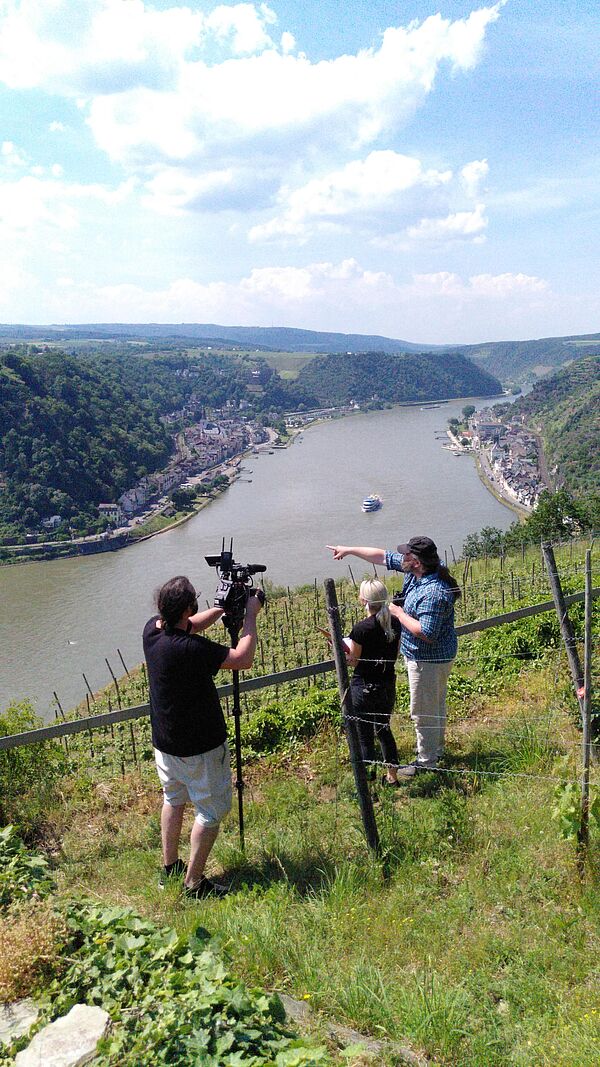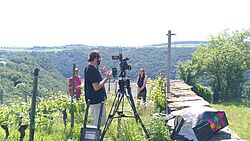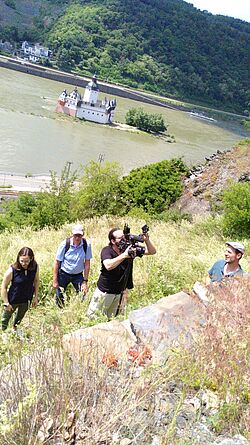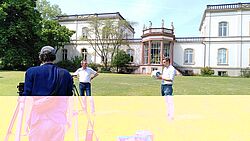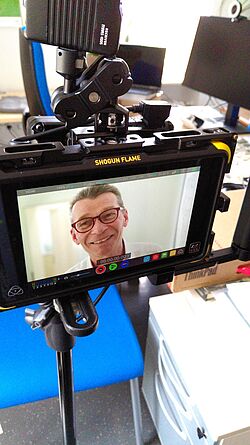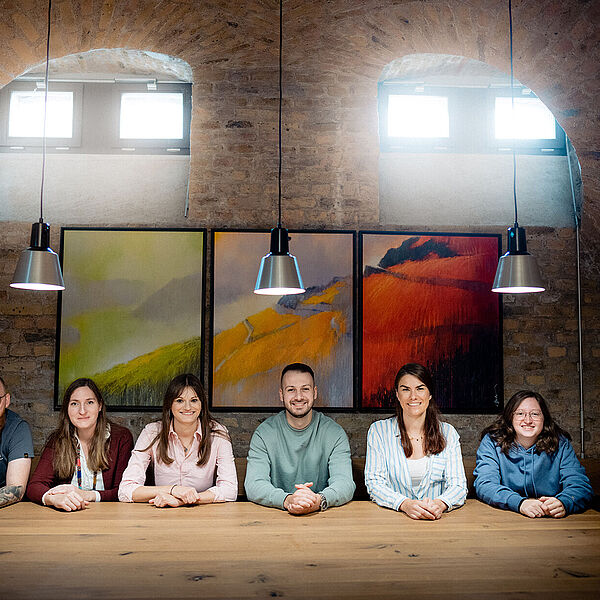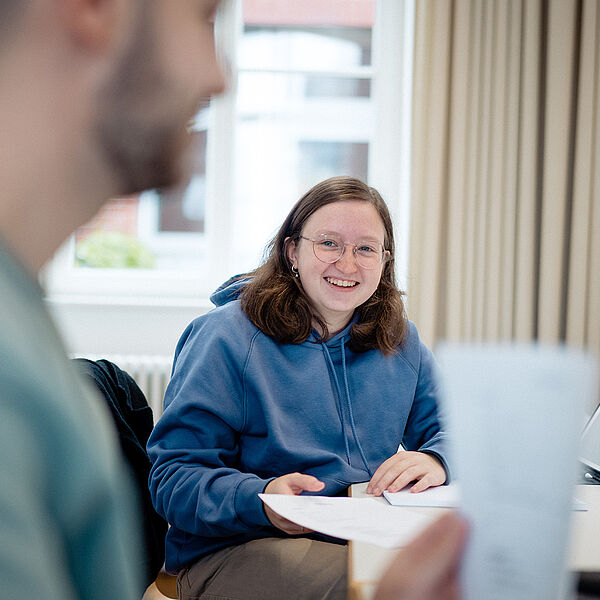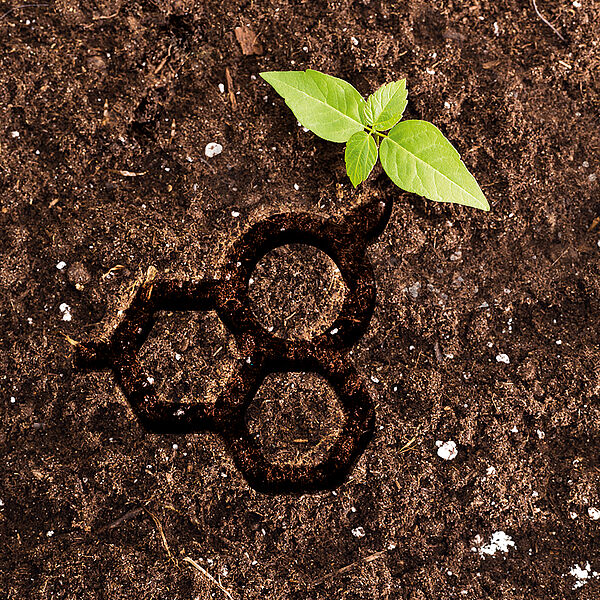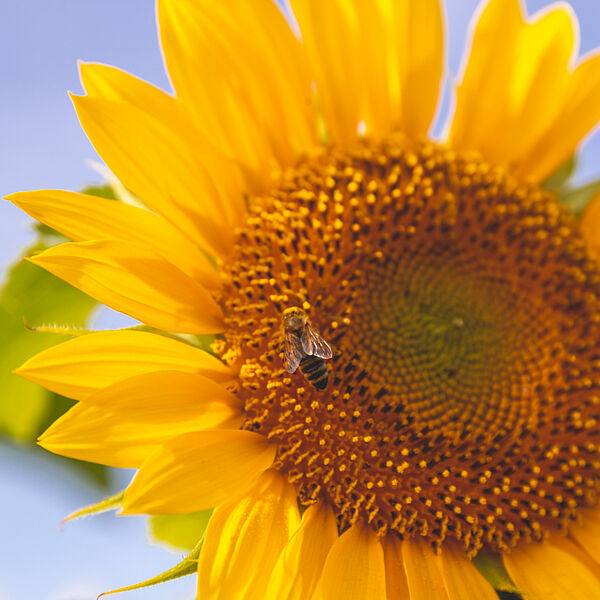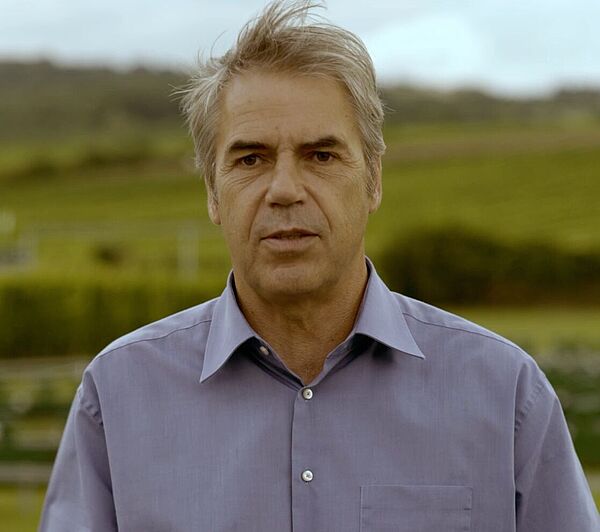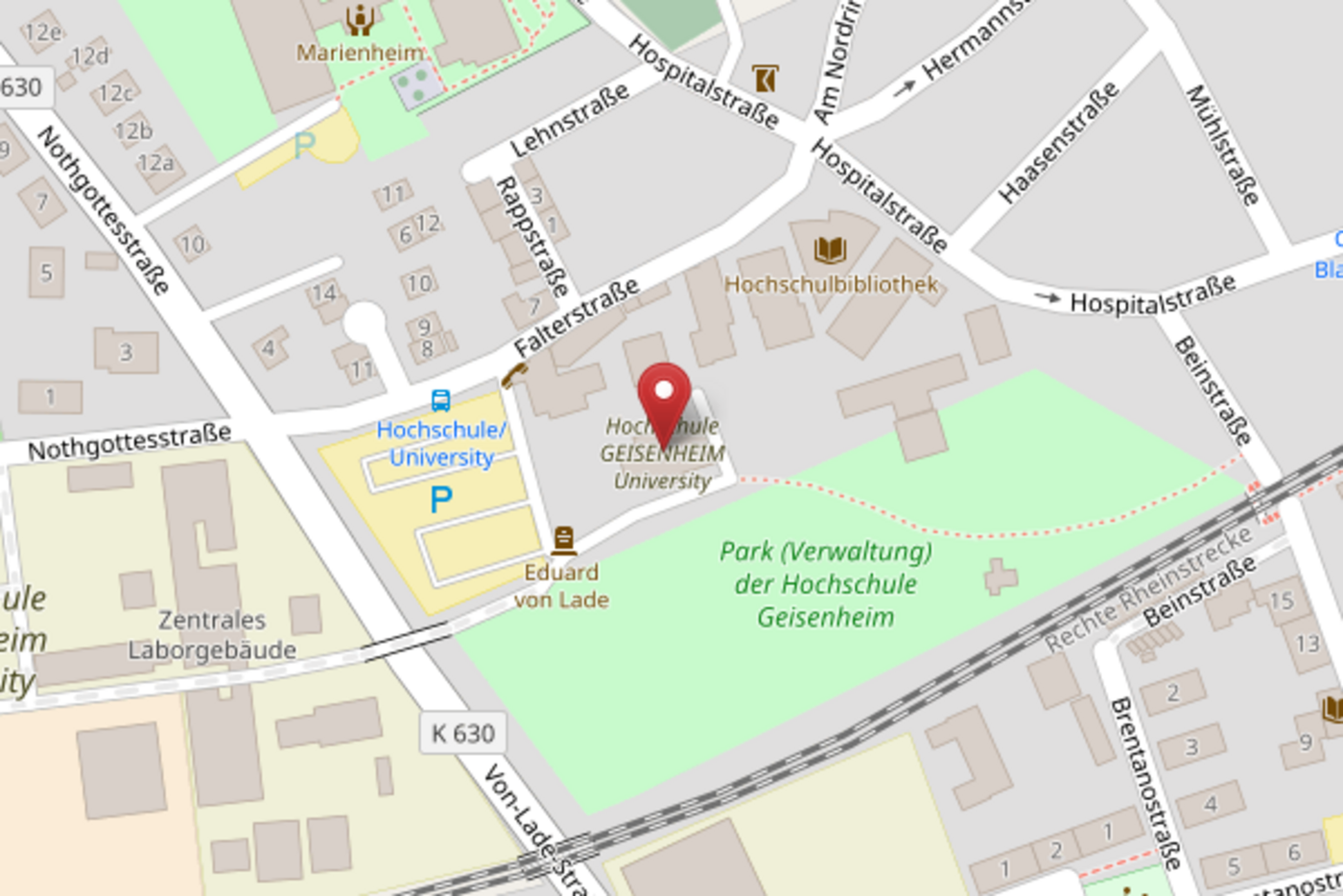Seit April 2022 arbeiten die Landschaftsplanerinnen Elena Simon und Jenny Eckes an der Umsetzung. Dazu stehen zunächst drei Modellkommunen in ihrem Fokus – Bacharach, Spay und Lorch. Im Dialog mit den Akteuren und Landnutzenden vor Ort leiten sie für landschaftsbildprägende Teilflächen der Gemeinden jeweils Handlungsfelder und konkrete Maßnahmen ab, um anschließend in die praktische Umsetzung zu gehen und die Landschaft mosaikartig nachhaltiger zu gestalten und nutzen. Die unterschiedlichen thematischen Schwerpunkte in den drei Modellkommunen betreffen vielfältige Herausforderungen sowie Optionen zur Nutzung und Gestaltung der Landschaft, die stellvertretend für die Entwicklungsaufgaben im gesamten Oberen Mittelrheintal stehen. Unter anderem geht es um den Umgang mit verbuschenden und schwer zu bewirtschaftenden Steilhängen, die Reaktivierung von Weinbergen, die Erhaltung und Inwertsetzung kulturhistorischer Zeugnisse in der Landschaft, die Wirtschaftlichkeit des Anbaus klimaangepasster Obstsorten, Möglichkeiten zur Offenhaltung von Landschaften und ganz zentral den Umgang mit künftigen Klimawandelfolgen.
Mit standardisierten Maßnahmenblättern wollen die Planerinnen die Umsetzungswege der gemeinsam mit der Region entwickelten Maßnahmen später auf weitere Flächen übertragen. In einem möglichen Folgeprojekt können die lokal gewonnenen Erkenntnisse auf das gesamte Mittelrheingebiet abstrahiert und ein Maßnahmenkatalog mit vielfältigen Optionen für die Landschaftsentwicklung in der Fläche entwickelt werden.
In einem kurzen Video - siehe bitte Link Titelbild - werden der Wissenstransfer und die Zusammenarbeit zwischen Wissenschaft und Praxis erläutert. Gefördert wird das Vorhaben unter Leitung von Prof. Dr. Eckhard Jedicke und Dr. Jörn Schultheiß von der Stiftung Natur und Umwelt Rheinland-Pfalz und vom Regionalpark RheinMain. Die Umsetzung erfolgt in enger Zusammenarbeit mit dem Zweckverband Welterbe Oberes Mittelrheintal.

